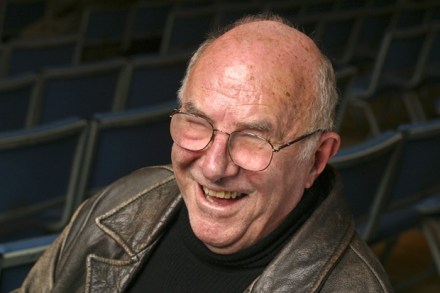Liberating Marianne
Lead book reviewIn Marianne in Chains, his last book on Occupied France, Robert Gildea offered an original view of life in that country between 1940 and 1944, arguing that outside the cities it had not always been as bad, nor had the Vichy regime always been as reactionary, as was subsequently claimed. Confining his research to three





























